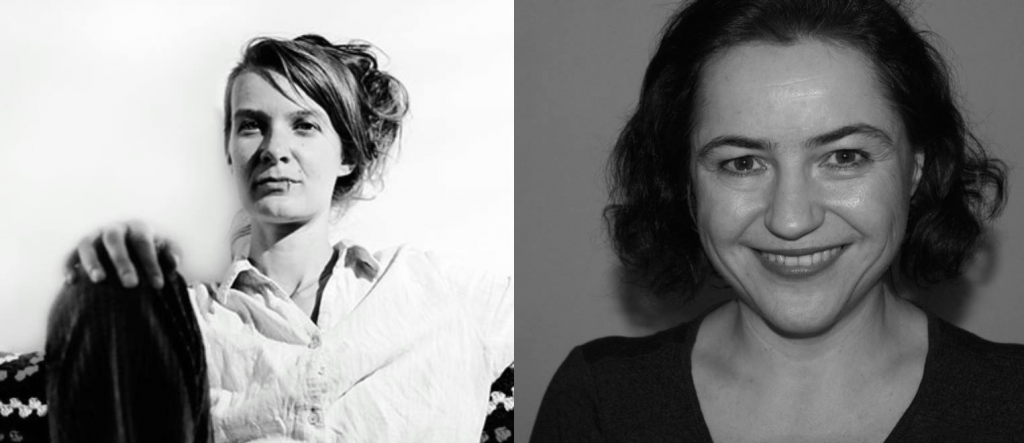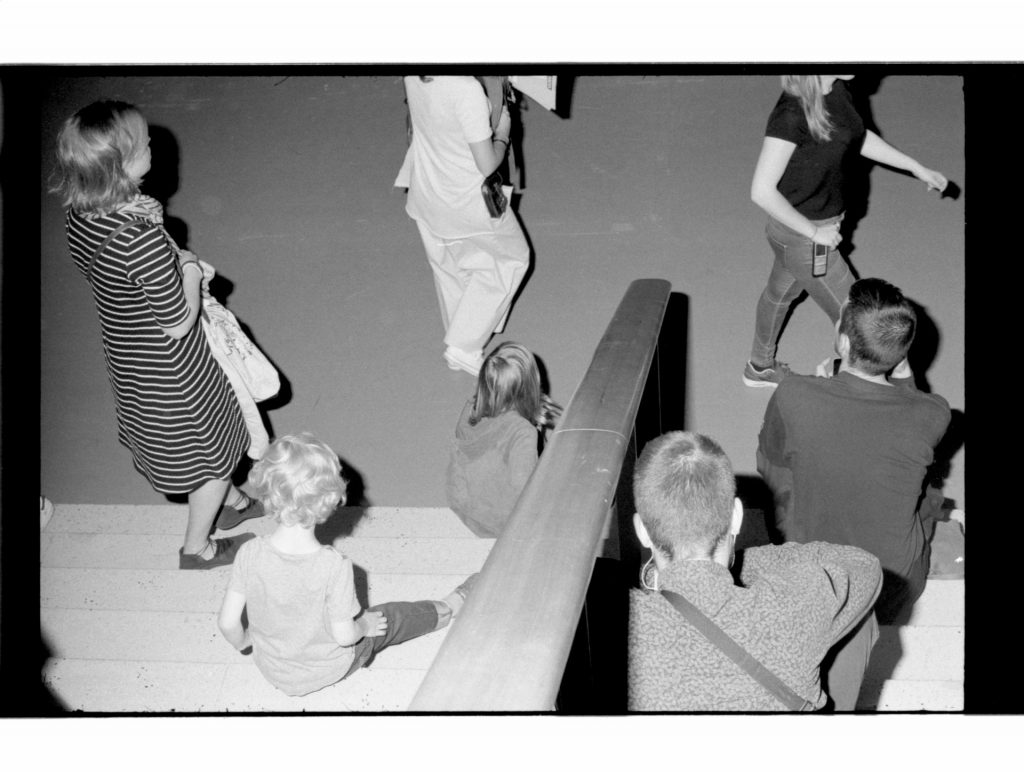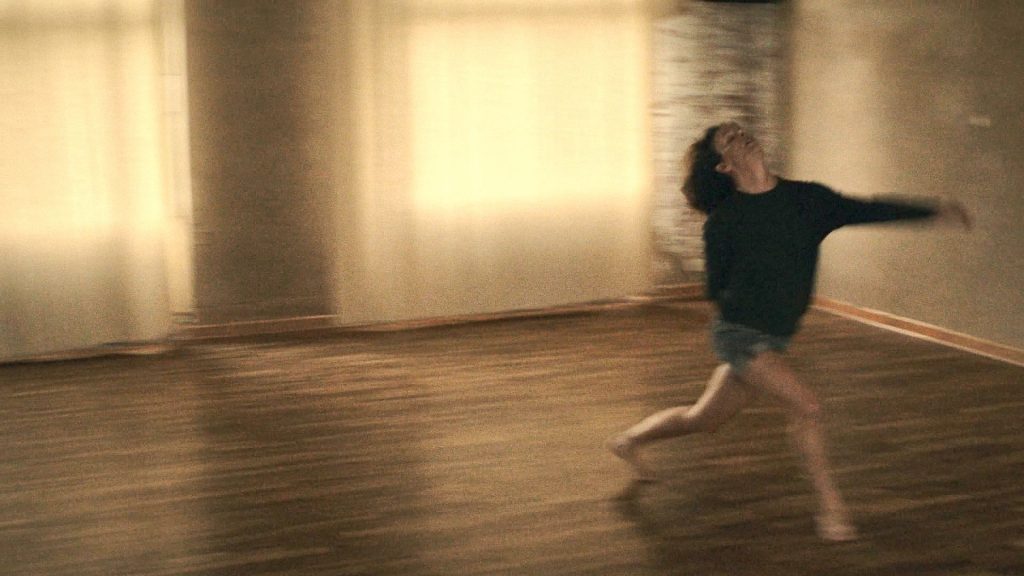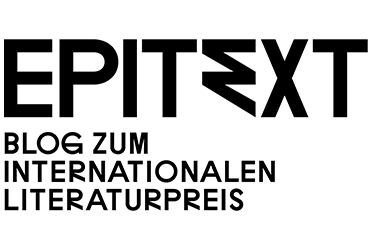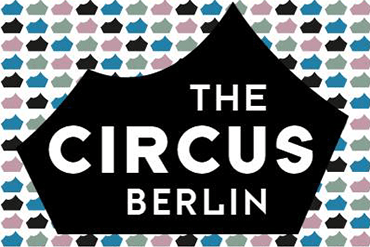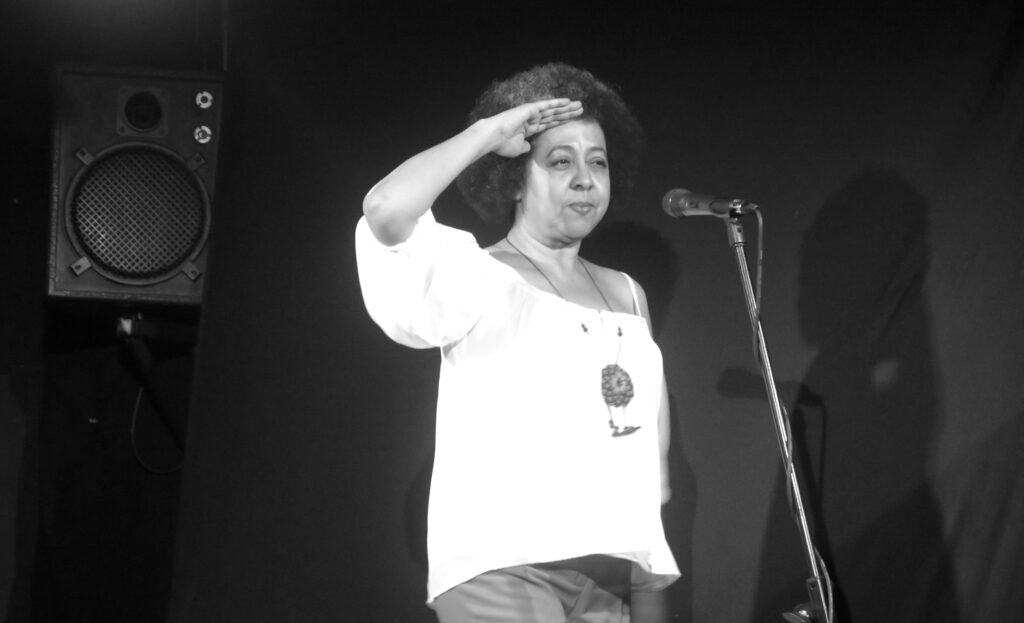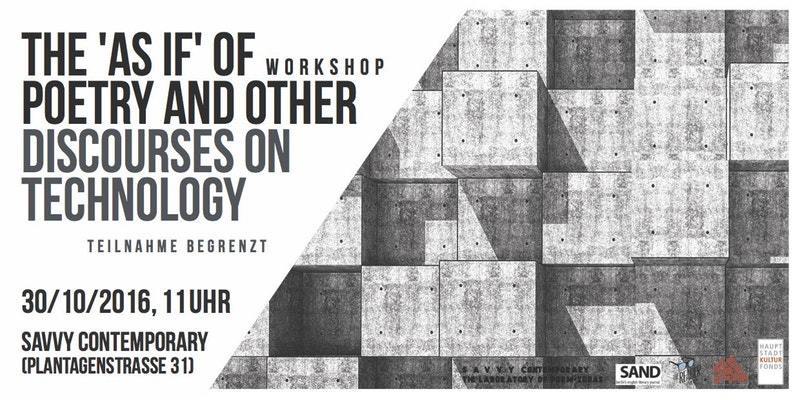16 September 2017
Stadtsprachen Magazin and SAND
Present a Reading with
Marie-Pascale Hardy and Brygida Helbig
What languages does Berlin write in? The PARATAXE event series showcases Berlin authors who write in everything but German. In the September 2017 edition, London-born translator Katy Derbyshire will be introducing readings by the Canadian-Berliner poet Marie-Pascale Hardy and German-Polish prose writer Brygida Helbig.
Date: Saturday, 16 September at 8pm
Location: ausland, Lychener Str. 60, Berlin (Prenzlauer Berg)
Transportation: Tram 12, M10 Raumer Str., S8/S9/S41/S42/U2 Prenzlauer Allee
Admission: €5 regular, €3 reduced
We last collaborated with Parataxe in June, co-presenting a reading with Sonia Solarte and Ian Orti.
Marie-Pascale Hardy was born in Quebec, Canada. She is an author, poet, singer and visual artist and often experiments with combining different media. After eight years in London, she recently moved to Berlin. She has been published in SAND (issue 12), Poetry London, The Delinquent, and Kumquat. Marie-Pascale Hardy is the vocalist and lyricist of the duo Paco Sala.
Brygida Helbig, born in 1963 in Szczecin, is a German-Polish author, literary and cultural scholar, and translator. In 1983, she moved to Germany and was a lecturer at Hulmboldt University in Berlin from 1994 to 2015. Currently she works as a professor at the German-Polish research institure at the Collegium Polonicum in Słubice, Poland. Helbig is the author of a monograph on Maria Komornicka, Ein Mantel aus Sternenstaub (A Stardust Overcoat, 2005). Her novel Niebko (Little Sky) was shortlisted for the NIKE award in 2014. Her story collection Enerdowce i inne ludzie (Easterners and Others) was nominated for the NIKE and GRYFIA literary awards.
Here is a snippet from Brygida’s novella Angels and Pigs in Berlin in a translation by Antonia Lloyd-Jones:
In the early 1980s the Federal Republic imported several trainloads of young people from Poland, eager for adventure and prosperity. They were taken to a small place called Anrath in the Krefeld area, to be made useful to German society, which was tired of prosperity, bored with sameness and hungry for fresh impressions….
Another item in constant demand among the young Poles brought up in poverty was cameras. Homesick for the families they had left in Poland, the students squeezed onto each other’s laps and snapped away like mad. There were even some who could already afford to buy a cheap car and go roaring round the streets with a squealing gang of eight on board. This led to occasional clashes and wrangles with the local police, who addressed the Polish newcomers, and for that matter just about all foreigners, using the informal “du”, about which Alois von Wysoki, the boldest of the group and most likely of German extraction, once lodged a complaint. By doing so he aroused deep consternation among the representatives of the German state, who were not used to this sort of interaction, and often used the word “foreigner” as a form of insult. In any case, Alois usually got on the wrong side of officials. Once quizzed at the border as to whether he was carrying a weapon, he snapped “Ja”, because he was expecting to be asked about his passport, and that was how he had understood the immigration official’s question. Pulled from the car, he boldly spat in the German’s face, after which he was led away to a cell in handcuffs. Wild with rage, he kept repeating in Polish “I’ll kill him, the fool”, and called for help by saying “tłumacz, tłumacz” – the Polish word for “interpreter” – which was misinterpreted as an attempt to make himself understood in English (“too much”) – and as a criticism of the degree of repression used to deal with him. He expressed himself just as obscenely with regard to more than one German administrative employee of the “Hausmeister” type, in other words the janitor, who performed the duties assigned to him with the officiousness typical of his profession. He even taunted one of them by saying he wasn’t human, which it took the German a long time to forget.
You can read the full excerpt and a synopsis of the story here.
Katy Derbyshire (SAND issue 11) grew up in London and has lived in Berlin for the past 21 years. She translates contemporary German writers, including Inka Parei, Christa Wolf, Tilman Rammstedt, Annett Gröschner and Jo Lendle. Katy co-hosts the bi-monthly Dead Ladies Show at ACUD and a monthly translation lab. She has taught translation in London, Berlin, New Delhi, New York and Norwich and judged the International DUBLIN Literary Award. Her recent translation of Clemens Meyer’s IM STEIN/BRICKS AND MORTAR was nominated for the MAN Booker International Prize.
PARATAXE (supported by the Senatsverwaltung für Kultur und Europa) and stadtsprachen magazin jointly introduce today’s multilingual authors and literary scenes of Berlin.
Marie-Pascale Hardy & Brygida Helbig Read More »

